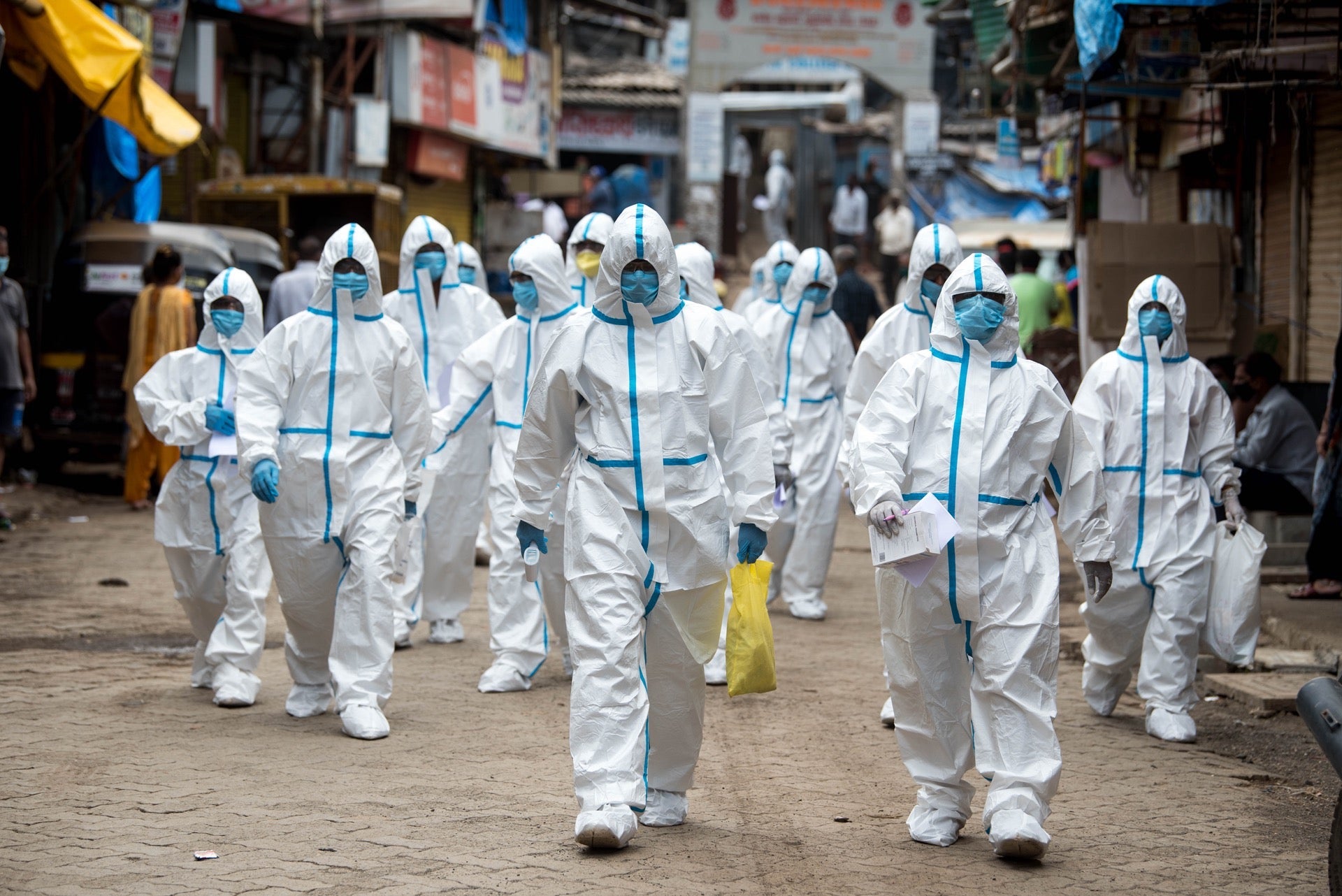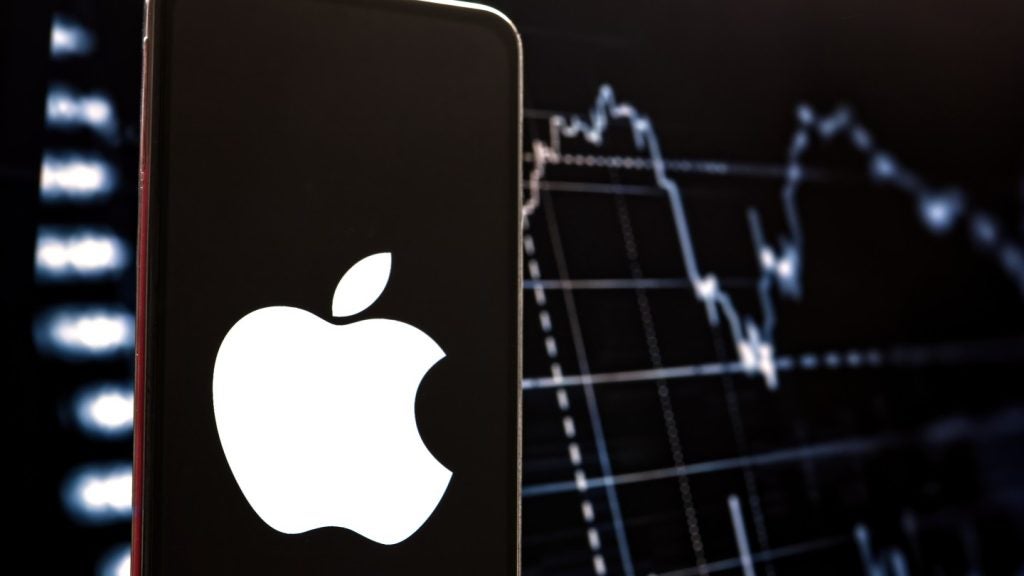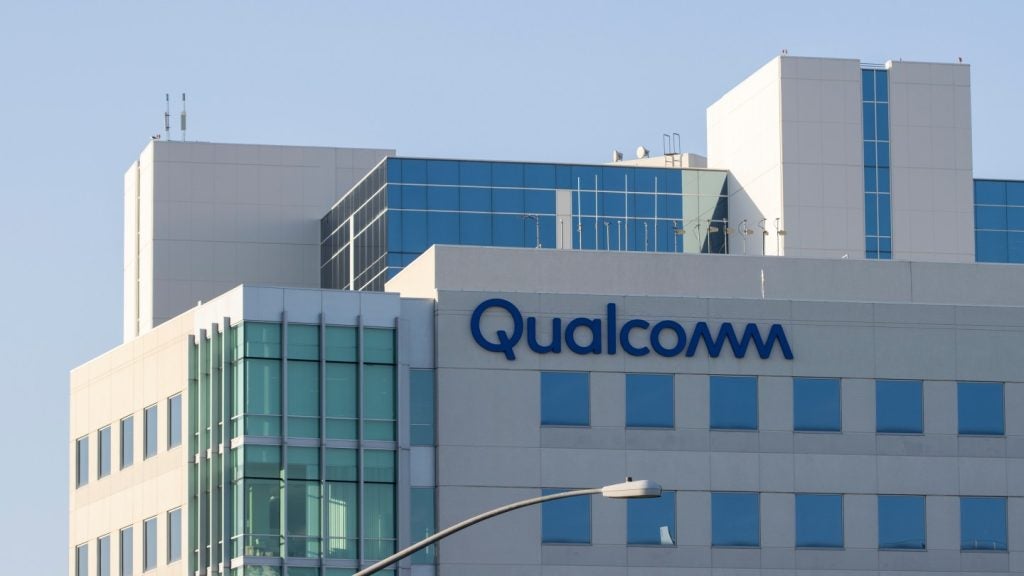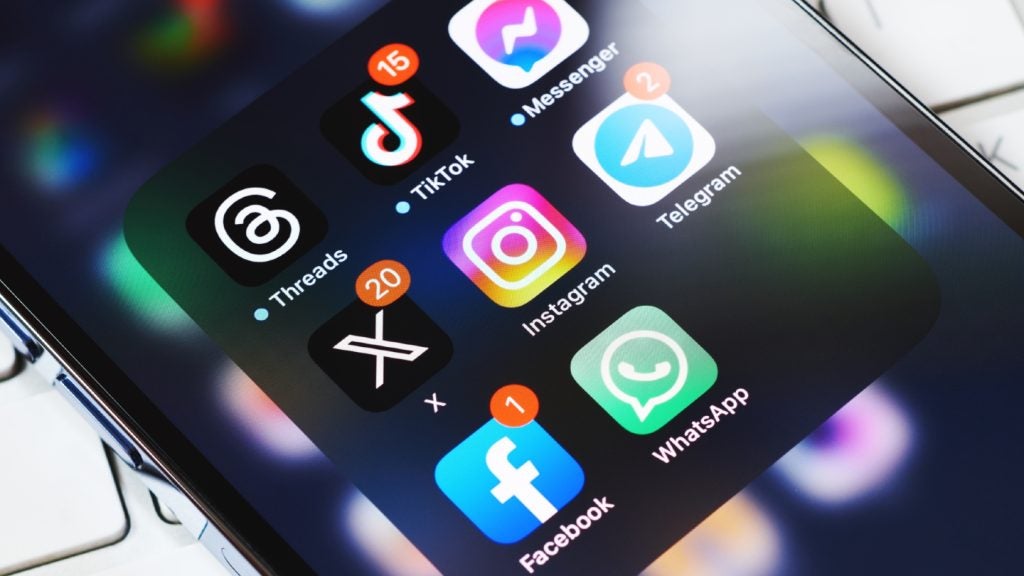
India’s CoWIN Covid booking platform is no longer the only viable place to book vaccinations after the app faced criticism for excluding poor citizens and for its patchy performance.
On Monday, the nation’s Health Ministry announced that people between the ages of 18 and 44 can now book their jabs at government-run vaccination centres. Previously, they were only allowed to book appointments via the CoWIN platform.
Private hospitals and health centres though must still rely on the CoWIN app to book vaccination appointments. Each individual Indian state meanwhile can decide to what extent in-person bookings will be available.
The news comes after the coronavirus booking system faced massive criticism for seemingly excluding millions of people in India, potentially causing further delays in the country’s already beleaguered Covid-19 response.
Representatives of legal advocacy group Nyaaya recently pointed out that only 59.5% of people in India’s rural areas have access to a smartphone.
The organisation also argued that India is one of the least affordable countries in the world in terms of smartphone prices, meaning that only allowing online bookings via CoWIN risked excluding the country’s poorest citizens.
Additionally, the app drew criticism for only being available in English, which would risk excluding the 90% Indians who don’t speak the language, according to a 2011 census.
CoWIN has also suffered outages and bugs at a time when India is suffering through a second wave of Covid-19 infections.
The move to only provide walk-in appointments at state-run centres has also rubbed some private hospitals the wrong way. In Pune, the medical director at Deenanath Mangeshkar Hospital Dhananjay Kelkar lashed out at how the process had been rolled out.
“We have a window period as Covid infections have come down in both Pune and Mumbai. It is now that we have to rapidly vaccinate our population. Remove this government interference,” Kelkar told The Indian Express.
Similar concerns were voiced by representatives at other private hospitals.
The news comes as the country’s lack of hospital beds, oxygen, ventilators and vital medicines combined with a chronically underfunded, under-resourced healthcare system have seen the death toll spike.
So far, there are 26,752,447 confirmed cases of Covid-19 in India and 303,720 deaths linked to the contagion, according to the WHO.
While some have blamed the spread of the crisis on the mutated strain of the virus that’s prevalent in the country, a recent GlobalData thematic research analysis noted that many other “aspects could have heavily contributed to the severity of India’s recent outbreak including the low percentage of vaccinated persons, large religious and political gatherings, and limited hospital capacity.”
Covid-19’s financial impact in India seems to be a mixed bag. This week’s Coronavirus (COVID-19) Weekly Macroeconomic Forecast from GlobalData noted that official figures from the Indian Department of Economic Affairs stated that the country’s power consumption registered a year-on-year growth rate of 40% in April 2021. This could signal a revival in industrial and commercial activity. In the same month, import grew by 166% compared to one year earlier.
“On the flip side, the country is dealing with extended lockdowns as a measure to curb the rising Coid-19 cases and deaths in states such as Delhi, Maharashtra, Karnataka, Telangana, Uttar Pradesh, Jharkhand, Odisha, and Kerala,” the analysts wrote.
“This could lead to a muted economic recovery at least in the short-term. During the current weekly revision exercise, GDP growth rate revisions remains unchanged for India from that of last week, keeping the real GDP growth numbers at 9.4% for 2021.”
Of note is that an iPhone 12 factory in India reportedly suffered a 50% productivity drop as infections spread across the country in April.
Prime minister Narendra Modi is facing a growing domestic and international backlash for the perceived mismanagement of the vaccine rollout.
Modi’s government has responded to some of the criticism by attempting to throttle free speech on social media platforms, including going as far as serving a notice on Twitter’s Delhi office after the platform tagged a member of the ruling party’s tweet as “manipulated media.”







